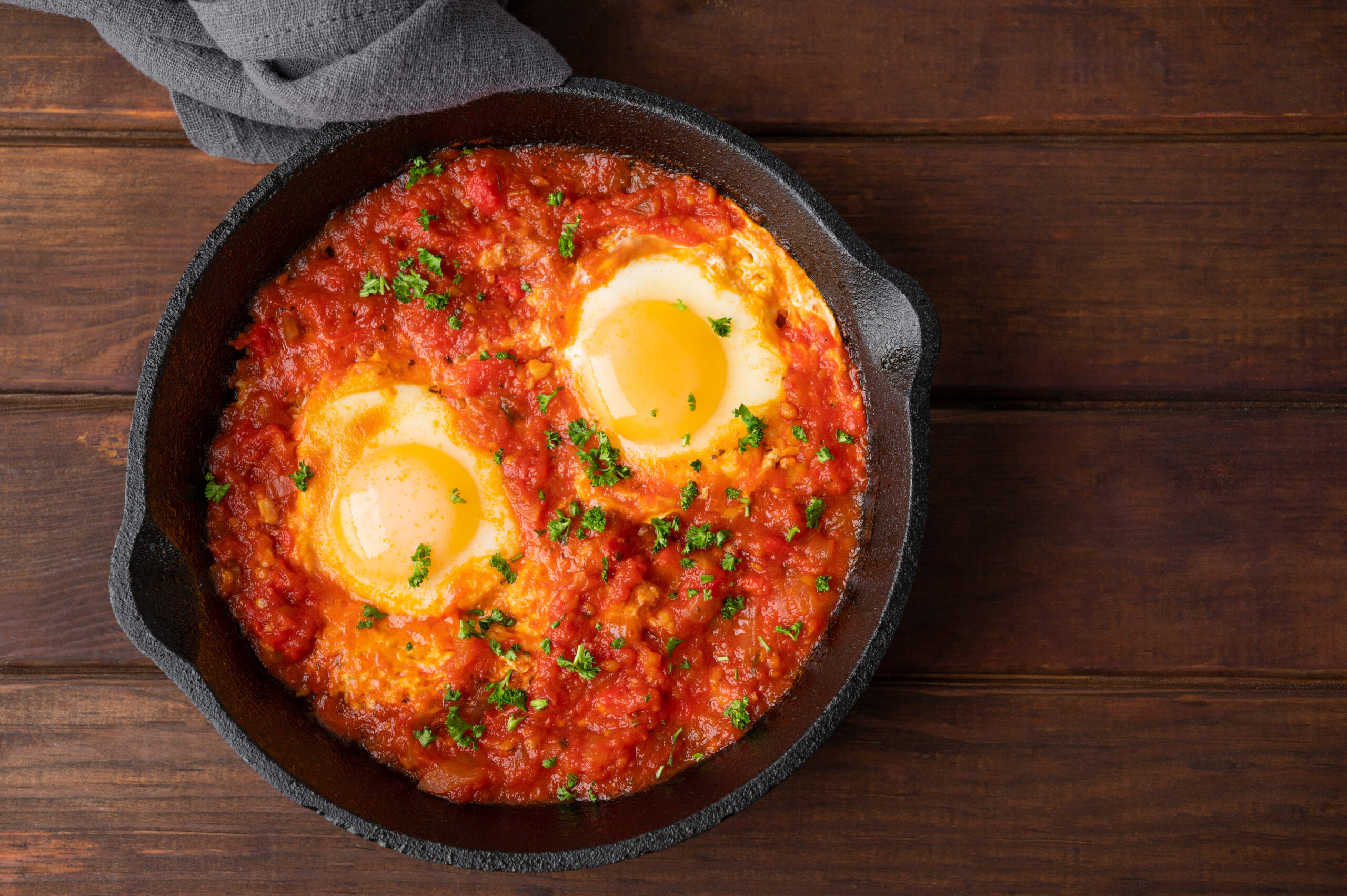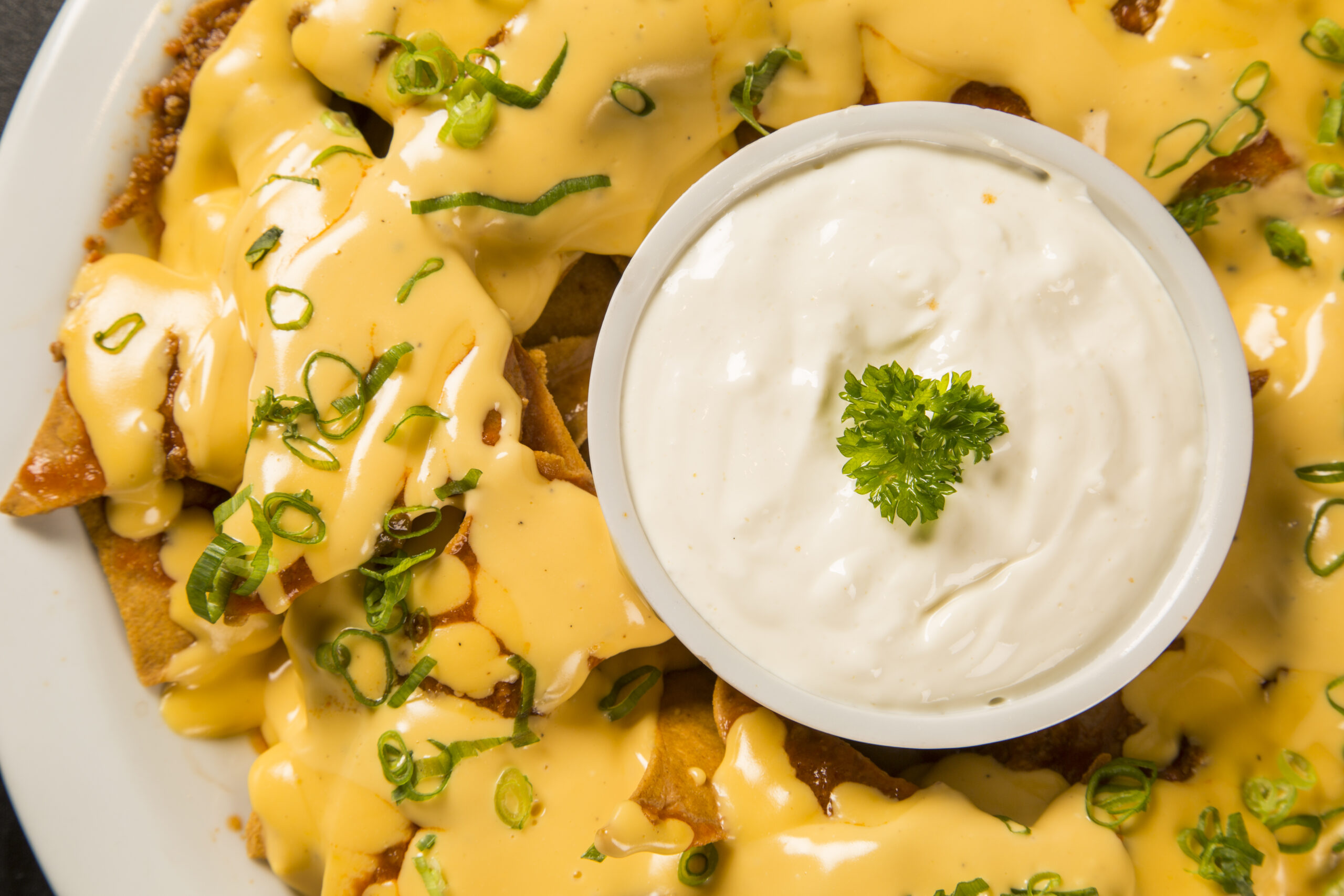A brief look at how start-ups are disrupting the traditional F&B landscape Startups have been disrupting traditional business models across various industries, and the food and beverage (F&B) landscape is no exception. With the advent of technology, startups have been able to leverage innovation and create new business models that challenge the status quo. The only choice was to evolve with the times, and this is where technology came into the picture. Tech tools allow business owners to stay connected with their consumers, meet their demands, and ensure business continuity. A recent report by Research and Markets says that the Indian food tech sector would expand at a CAGR of39% between 2021 and 2025 and reach Rs 1,868 billion by2025. One of the most significant disruptions in the F&B landscape has been the growth of online ordering and delivery platforms. Startups such as Zomato, Swiggy, and Uber Eats have transformed the way people order food, making it easier and more convenient than ever before. With the rise of smartphone use and the increasing popularity of food delivery, these platforms have become an essential part of the F&B industry. The Indian food industry is one of the largest in the world, with a vast range of cuisines and food cultures. Despite this diversity, the industry has remained relatively traditional, with many restaurants and food establishments operating in the same way for decades. However, in recent years, a new breed of tech-driven startups has emerged, disrupting the traditional food and beverage landscape and bringing new innovations to the industry. In this article, we will explore some of the ways that these startups are using technology to revolutionize the Indian food industry. Online Ordering and Delivery Platforms: One of the most significant changes in the Indian food industry has been the growth of online ordering and delivery platforms. These platforms, such as Zomato, Swiggy, and Uber Eats, have transformed the way people order food, making it easier and more convenient than ever before. With the rise of smartphone use and the increasing popularity of food delivery, these platforms have become an essential part of the Indian food industry. One of the key advantages of these platforms is the ability to provide real-time information on food availability, delivery time, and price. This information is essential for customers, as it allows them to make informed decisions about their orders. Additionally,these platforms provide valuable data to restaurants and food establishments, allowing them to track their sales, customer preferences, and other metrics. Cloud Kitchens: Another significant innovation in the Indian food industry is the rise of cloud kitchens. Cloud kitchens, also known as dark kitchens, are delivery-only restaurants that operate from a single location. These kitchens are designed to be more efficient and cost-effective than traditional restaurants, as they do not require a physical storefront or dining space. Instead, they focus solely on food preparation and delivery. One of the key advantages of cloud kitchens is their ability to serve multiple brands or cuisines from a single location. This allows startups to experiment with new concepts and menus without the significant upfront costs of opening a traditional restaurant. Additionally, cloud kitchens can operate in areas with high demand but limited space, allowing them to reach a wider audience than traditional restaurants. Themed Restaurants Using AI: Another exciting innovation in the Indian food industry is the use of Artificial Intelligence (AI) in themed restaurants. These restaurants use AI-powered technologies to create immersive dining experiences, allowing customers to feel like they are in a different world while enjoying their meals. For example, some restaurants use augmented reality (AR) to create virtual environments that customers can interact with. These environments may include digital projections of animals, landscapes, or other elements that complement the restaurant’s theme. Additionally, some restaurants use AI to personalize the dining experience like food that comes on toy trains via tracks lined on Tables or such as by recommending dishes based on customer preferences or using facial recognition to greet customers by name. The Indian food industry is undergoing a significant transformation, driven by technology and innovation. Startups are disrupting the traditional food and beverage landscape, using online ordering and delivery platforms, cloud kitchens, and AI-powered technologies to create new and exciting dining experiences. As these innovations continue to evolve, we can expect to see even more changes in the years to come. The future of the Indian food industry is bright, and we can’t wait to see what’s next.









